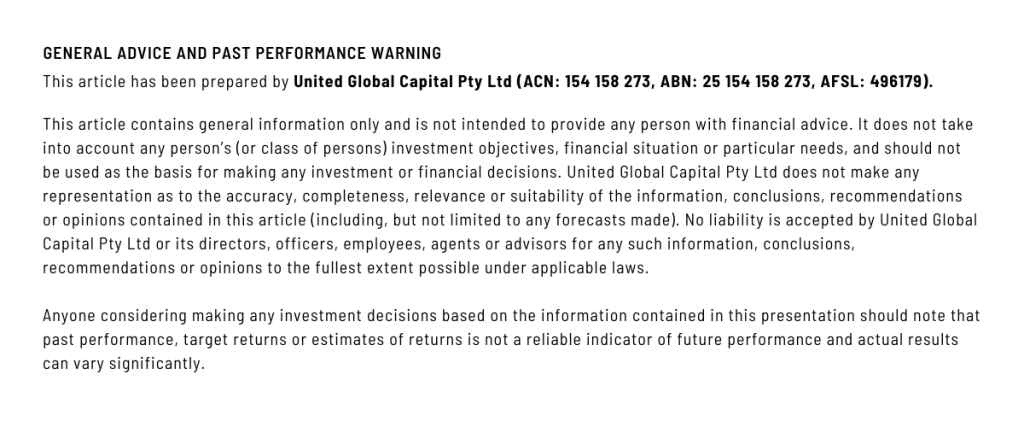Income Protection Insurance: Safeguarding Your Financial Future
Income protection insurance is precisely what its name implies – a shield for your employed income in the unfortunate event that you find yourself unable to work due to illness or injury, lasting longer than 30 days. In such a scenario, this insurance acts as a safety net to provide you with a steady income stream during your time of need.

The Importance of Income Protection:
Consider this question: Do you insure your car and home? You likely do. If your car sustains damage, you can arrange alternative transportation through options like Uber, carpooling, or public transit. Similarly, if your home is damaged, you can temporarily reside in a rental or hotel while repairs are underway. In both cases, your income remains intact, ensuring you can manage these unexpected expenses.
However, when your income source is disrupted, a different challenge arises. How do you cover your car insurance, home insurance, and essential living costs without your regular paycheque? This is where income protection insurance becomes a pivotal piece of your financial strategy. It ensures that your financial commitments and daily necessities continue to be met, even when you are unable to work.
Unpacking the Numbers:
A crucial question emerges: How much coverage is sufficient? In most cases, personal income tends to increase over time as experience and expertise grow. The maximum benefit typically caps at 70% of your personal exertion income. When making a claim, insurers typically assess your income over the last consecutive 12 or 24 months to calculate the benefit payout.
Choosing the right coverage amount varies from person to person and hinges on factors such as whether you are the primary breadwinner, your cash flow, current savings, monthly expenses, and the financial contribution of a working partner. To make an informed decision, it is recommended that you collaborate with a financial advisor who can analyse your income, family cash flow, and savings. This personalised approach ensures you tailor the coverage to your unique circumstances.
Tax Benefits and Long-Term Considerations
It’s noteworthy that the premiums you pay for income protection insurance are tax-deductible. This means you can claim these premiums on your personal tax returns if you fund the payments directly. Paying through your superannuation fund, allows the fund the ability to claim the associated tax benefits. To optimise tax efficiency, it is advisable to evaluate whether paying premiums from your pocket or through your super is more advantageous, based on your current financial situation.
Annual Review:
It’s important to bear in mind that insurance premiums tend to increase with age. Llife insurance and total and permanent disability (TPD) insurance may allow for premium adjustments. However, income protection insurance premiums tie closely to age and risk factors. As your personal (non-investment) debt decreases over time, you may consider reducing your coverage amount to align with your evolving financial obligations.
Given life’s inevitable fluctuations, annual reviews of your income protection insurance are highly recommended. These reviews, conducted in consultation with your financial advisor, ensure your coverage remains aligned with your current needs and situation. Just as life and costs evolve, your insurance coverage should adapt in tandem.
Income protection insurance stands as a steadfast pillar of financial security. It offers a lifeline when unforeseen circumstances disrupt your ability to work. As you safeguard your car and home with insurance, remember that your income is equally, if not more, deserving of protection. Feel free to contact us to speak with a financial advisor to determine the optimal coverage engage in regular reviews. By embracing these proactive steps, you fortify your financial foundation and embrace a future brimming with resilience and confidence.

